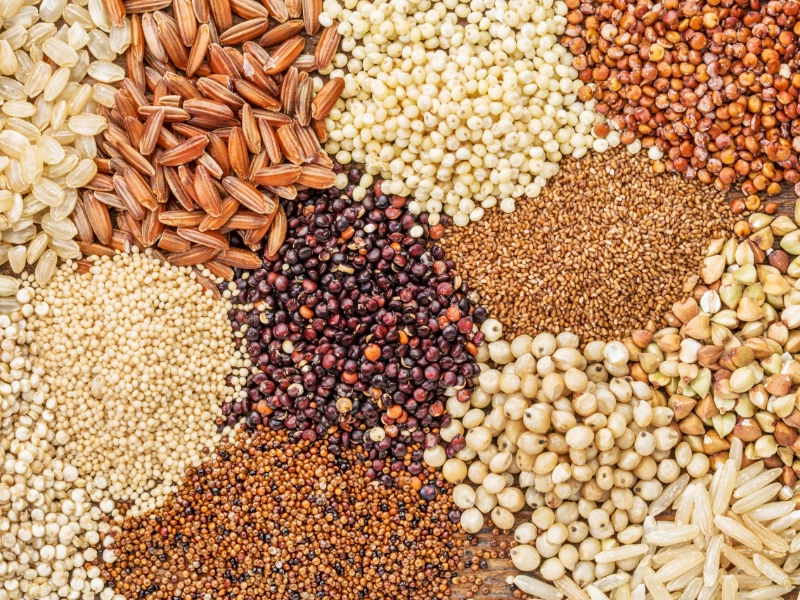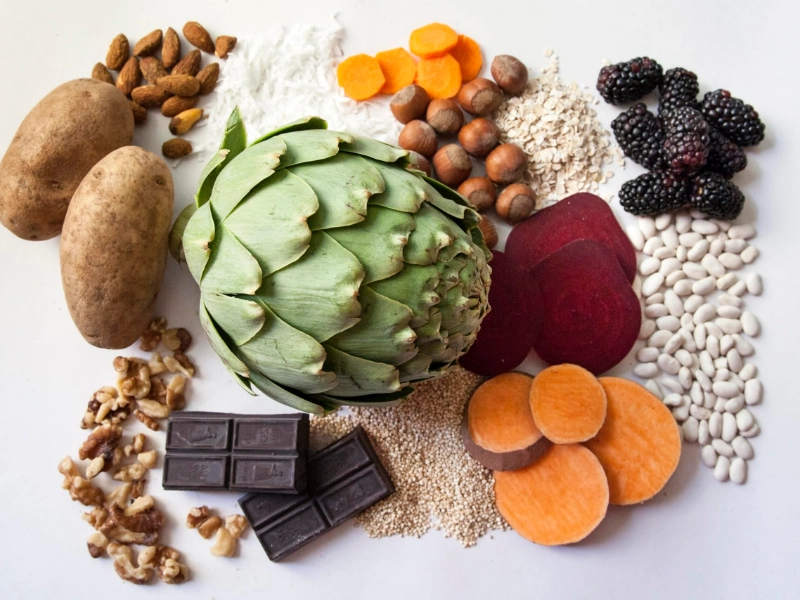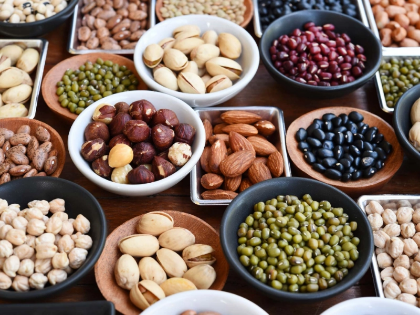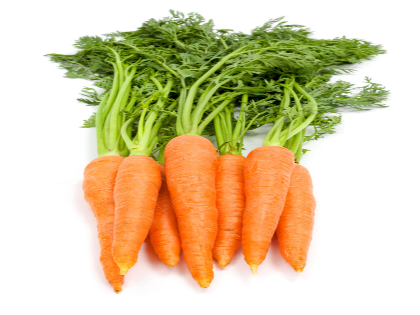What Foods Block Calcium Absorption?
Which foods inhibit the absorption of calcium?Many different foods contain calcium. These consist of dairy items like cheese and yoghurt, as well as milk. Some foods, meanwhile, also prevent the absorption of calcium. Just 30% of the calcium we eat gets absorbed by our systems, according to the National Institutes of Health (NIH). This percentage varies from person to person and is mostly influenced by the kinds of foods we consume.
Phytates

Phytates are strong deterrents against the crystallisation of calcium salts, particularly in urine and soft tissues. They can stop the development of calcifications in vivo, including renal, dental, and cardiovascular calculi. They are closely related to bisphosphonates and other polyphosphates.
Phytates cause the body's intestinal tract to hydrolyze into phosphate and inositol phosphate, obstructing the absorption of calcium. Hyperphosphaturia could result from this increased phosphate absorption. Most Ca2+ is complexed with phytate in diets high in phytate and low in Ca2+. Hypocalcemia is the resultant decrease in Ca2+ bioavailability.
The researchers also discovered a link between the risk of nutritional rickets and osteomalacia and excessive dietary phytate intake. Individuals who followed a high-phytate diet were considerably younger and had reduced body fat, hip circumference, and BMI compared to those who followed a low-phytate diet. Along with better bone mineral density, they also demonstrated greater adherence to the Mediterranean diet.
Kidney and bone diseases are more likely to occur when phytate intake is excessive. Consuming phytate not only prevents the absorption of calcium but also disrupts the balance of Ca2+ and phosphate, which leads to poor bone health and mineral absorption. Kidney stones can also result from consuming too much phytate.
In rats, urinary phosphate clearance rates and urine pH were both lowered by increasing phytate intake. In addition, rats given a high phytate dose had slower growth and less lean mass without fat. It is believed that the lower growth rate is caused by a decrease in the bioavailability of dietary Ca2+.
Oxalates

The absorption of calcium from the human colon was first studied in the early 1970s. According to the research done by Sandstrom et al., the human colon can passively absorb calcium. Whether oxalates impede the absorption of calcium is unknown, though.
Small concentrations of oxalates can bind with calcium and other minerals in the urinary tract to block absorption. High oxalate levels may reduce mineral absorption and increase the risk of kidney stones, even if these oxalates are safe in moderation. Furthermore, research indicates that consuming large levels of oxalate in the diet raises the risk of kidney stones.
The researchers postulated that oxalate and calcium must separate before calcium can be absorbed. Oxalobacter formigenes is the bacterium that performs this breakdown in the digestive system. Of adults, 60–80% have this bacteria in their faeces. On the other hand, Oxalobacter formigenes levels are decreased in patients with recurring calcium oxalate kidney stones. The amount of this bacterium in the intestines may decrease in response to certain antibiotics. Kidney stones are also more common in people with inflammatory bowel disease.
While the urinary tract normally contains calcium and oxalate, excessive bodily concentrations of these substances can result in kidney stones. Under such circumstances, it is important to minimise oxalate intake, make sure you have enough calcium, and stay away from vitamin C pills.









